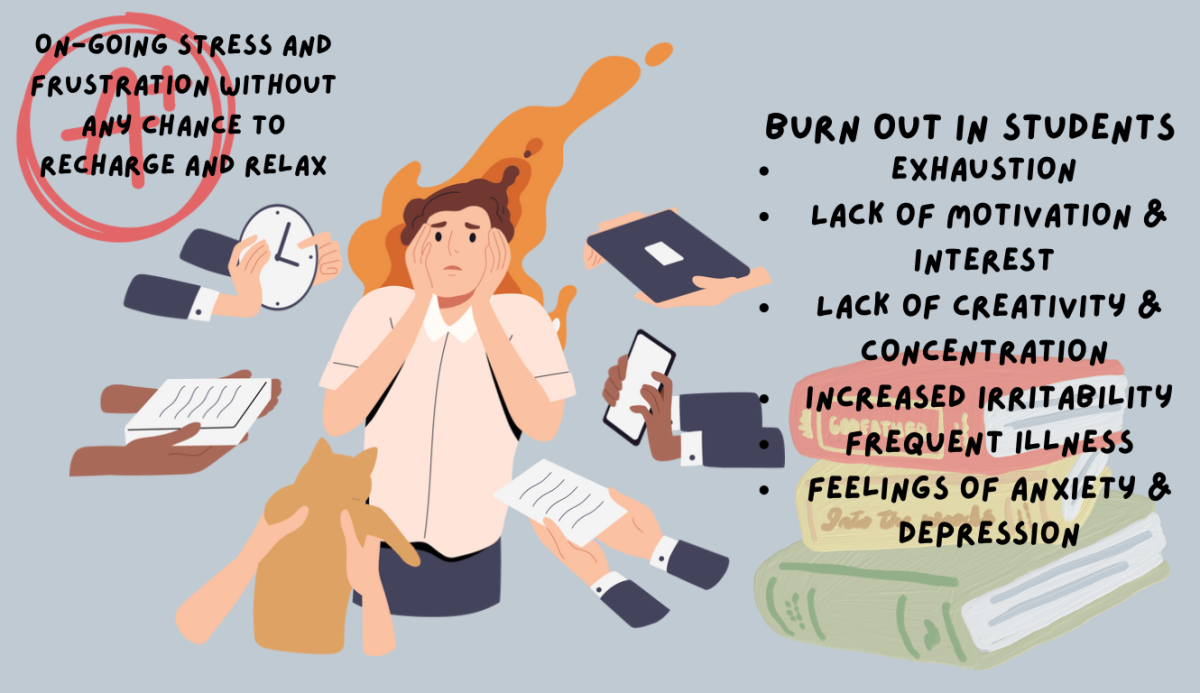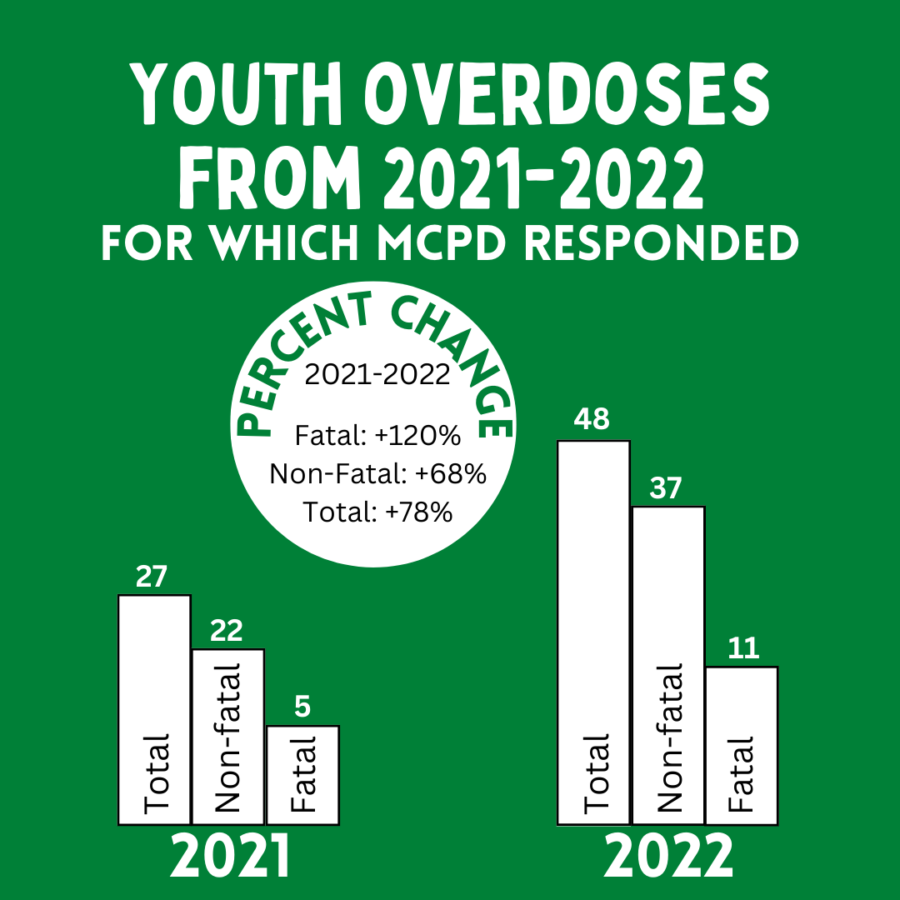
The new era of dating strays further away from commitment than previous generations. The rise of the hookup culture has sucked the concept of chivalry and the process of getting to know a person out of a relationship. It’s no wonder that the lack of dedication in our culture has produced a growth in the cheating culture.
According to a 2018 study by Refinery29, 25% of men and 14% of women are likely to cheat in their lifetime. Sadly, the study also said the numbers are steadily growing and are significantly higher than in the past.
With the growth of cheating, it is important to understand the circumstances that relationships operate under these days. Casual hookups and the appreciation of looks, whether in person or online, string two people together but even after confirming mutual attraction, people still can’t seem to label their relationships.
A generation so caught up in refusing the traditional titles like girlfriend or boyfriend has sent the rules of relationships into a confusing no man’s land of recognition. Relationships referred to as “things” or “friends with benefits” make it difficult to decipher exclusivity of romantic ties in a label-less world.
While there’s no excuse for the disgustingly high amount of cheating, the rise of hookup culture and cheating culture definitely go hand in hand. Without a label, it is difficult for even the participants in a relationship to determine if they are exclusive or open to other partners.
The partying that seems to dominate teenage lives lends to the rise of drunken hookups and slips in relationships, since every weekend teens are going to parties and losing control over their actions.
While many teens seem to excuse this behavior as pure fun, people are constantly getting hurt as collateral damage, yet they refuse to make a change to how they define relationships and their exclusivity.
In a traditional sense, defined girlfriends and boyfriends still face the risk of having an unfaithful partner, but an unlabelled relationship just seems to make the chances higher.
Many of the people I talked to who have immediately felt the effects of cheating did not want to be quoted due to their embarrassment. Teenagers seem to be squeamish about the idea of having the conversation with their potential partners about what they want to define themselves as. This conversation, however, could be what saves a large number of people from inevitable hurt that comes with a lack of labeling.
There is no excuse for the disloyal few that blemish committed relationships. The understanding of a committed relationship can help to keep people from falling into such a terrible situation, but ultimately cheating’s prominence may not be something partners can fully terminate.






















![Students begin a practice Kahoot for French class. Walter Johnson offers a total of six languages including American Sign Language, Chinese, Italian and more, giving students the opportunity to explore different languages and cultures. “I switched [from Spanish] to Latin freshman year and I love it,” junior Abigial Samuels said.](https://www.wjpitch.com/wp-content/uploads/2024/10/IMG_0976-1200x675.jpg)























